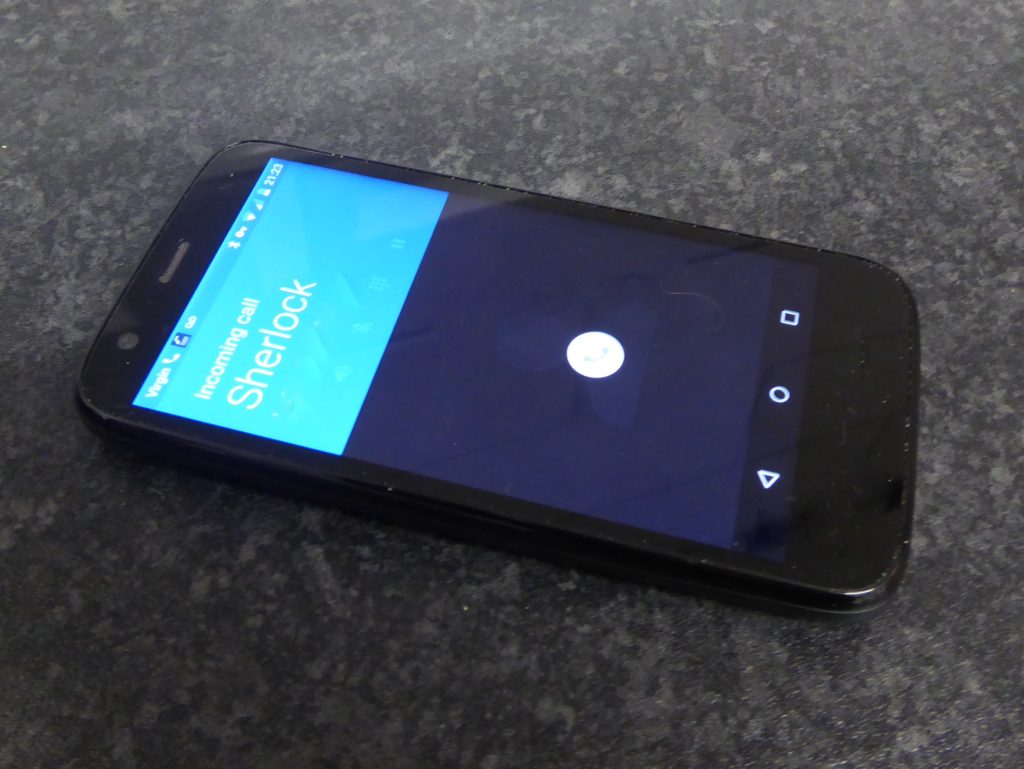
SPOILERS FOR THE LATEST SERIES OF SHERLOCK
An opinion on the emotional repercussions of the Sherlock series finale.
Sherlock Series Four concluded last month and frankly I wasn’t a fan. One thing that captured my attention was THAT Molly Hooper scene, in which Sherlock is told to make Molly say ‘I love you’ so that the bomb supposedly planted in her kitchen would not blow up and kill her.
On the plus side it reflects Sherlock’s emotions: he clearly struggles with the situation. He knows that making Molly say this will hurt her, yet he desperately wants to prevent the irreversible damage of her death. Nevertheless, we have all known about Molly’s love for our protagonist since the show began. Even Sherlock knew that she loved him but never truly confronted this, allowing it to be an unspoken bond between them that Molly has not been able to move on from.
The majority of public criticism of this scene comes from its depiction of Molly as weak and one-dimensional, her sole purpose being to love Sherlock. However, I feel like this scene has a deeper discomfort. She is forced to openly tell Sherlock that she loves him, saying those words like she means it because she knows no other way. That is hard. That is the opposite of weak. And it is very very real.
Molly’s kitchen on a day when she already felt rubbish was not the place for any sort of conversation about emotions. She knows that he’ll never reciprocate and the only way to move on is to have this confirmed. But it needs the right place and the right timing. After all, saying ‘I love you’ is not a throwaway comment, not if you want it to sound like you truly mean it. And knowing that saying it will make no difference to the recipient makes it far harder to admit.
If my fictional creation of the ‘perfect’ conversation about love and lack of love had happened, Sherlock would be one to say “It’s not you, it’s me” and “We can still be friends, right?”. The conversation would have been difficult for both parties. There would be scrutiny from friends and colleagues. There would be a lot of heartbreak and a lot of time required to heal the deep wounds caused by not addressing the problem. But Molly would have closure. She could stick an angsty break up playlist on her iPod and cry her eyes out until two in the morning whilst struggling to breathe. And then she’d suck it up and go into work, ready to face the day, some days facing him and some days facing his absence. It would be a long process but she’d come through to the other side.
Sherlock would have his demons too. There would be times in which he would regret talking about their relationship, knowing that doing so could lose him one of his dearest friends. Perhaps every time he got close to mentioning her feelings, something came up. Maybe he hoped that she’d be more assertive, like he knew she could be, and bring the conversation up on her own terms.
Eventually the situation would reach a crunch point. It always will. But that point should not have been at Eurus’ hand. It shouldn’t have had to have been. And it shouldn’t have been that uncomfortable to watch.
Perhaps it should be read as a reason to take control and talk to the people you love about your love for them. For the avid ‘shippers’ it may be more of a “look, we told you they could be together” situation. But, for me, it was a reminder of the discomfort of the realities of unrequited love and the importance of honesty that is not forced.
I don’t want to sit down and watch someone’s heart be metaphorically ripped out, particularly not by the lovable hero of the show. It wasn’t comfortable, and maybe that was the plan. But I’ve come away with a distrust for the show and disdain for the creators.
Molly Hooper deserves better and so do you. Never underestimate the power of conversation and use this wisely.
You can read Louise Brealey’s opinions on the matter via her twitter @louisebrealey
“Loving someone after years is not reductive, retrograde, antifeminist or weak.” https://twitter.com/louisebrealey/status/821331710847520769
